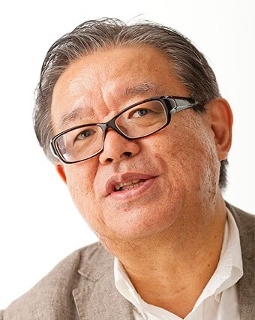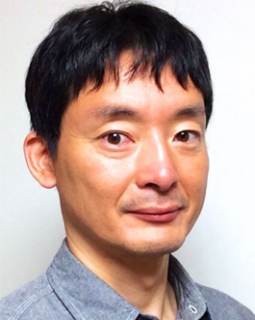
 Endowed the "Beyond Blockchain Basics/Advanced"
Endowed the "Beyond Blockchain Basics/Advanced"
course at Keio University



 Endowed the "Beyond Blockchain Basics/Advanced"
Endowed the "Beyond Blockchain Basics/Advanced" 

Moppy points managed by Ceres are a kind of cryptocurrency token that can be exchanged for cash, electronic money, etc. Therefore, we believe it has a very high affinity with the cryptocurrencies and blockchain technologies that are globally widespread. A blockchain is a cryptographic technology that underpins bitcoin and other cryptocurrencies. It’s a network that performs decentralized management and it has properties that make it virtually impossible for third parties to tamper with. It is currently expected to be implemented throughout various fields. However, while awareness of cryptocurrencies is increasing, the lack of staff who can properly learn about and apply blockchain technology is a challenge.
Through this endowed course, we hope to contribute to the development of virtual currency and blockchain technology by helping to train professional engineers in Japan.

(From left)
Kenji Saito, Keio University
Takagi, President and
Representative Director of CERES Inc.
Jun Murai, Keio University
Ceres, Mashita and Yamagishi's endowed course, "Beyond Blockchain Basics/Advanced"
2019 Spring and Fall Semester (April 2019 to March 2020)
Professor Jun Murai, Faculty of Environment and Information Studies
Dean of Graduate School of Media and Governance
Lecturer (part-time) Kenji
Saito, Faculty of Environment and Information Studies
Up to about 200 Keio University students
#01 Introduction to Blockchain
#02 Bitcoin Technology: The Basics
#03 Bitcoin Technology: Details
#04 Cryptographic Technology Literacy
#05 Distributed Systems Literacy
#06 Blockchain 2.0
#07 Ethereum Technology
#08 Smart Contract
#09 Commercial Ledger Technology
#10 Latest Trends
#11 Financial and Legal Applications
#12 Governance Applications
#13 Ideathon: The Dialogue
#14 Ideathon: The Presentation
Blockchain and related distributed ledger technology will be explained starting from the basics. In addition, through the examination of various applications and discussions based on the latest technologies, the goal is to acquire the basic skills that enable students to create technologies that form a foundation of trust in a new society on their own, or to be challenged by such technologies.
Biography
Ph.D. in Engineering (Keio University, 1987)
In 1984, he established JUNET, Japan's first inter-network connection. In 1988, he launched the WIDE Project, an Internet research consortium, and worked on the development and spread of internet networks. He led the early Internet to multilingual support, starting with Japanese.
He is a member of the Expert Group of the Cabinet's Strategic Headquarters for the Promotion of Advanced Information and Telecommunications Network Society (IT Strategy Headquarters), a member of the Cyber Security Strategy Headquarters of the Cabinet Cyber Security Center, and Chairman of the IoT Promotion Consortium. He has also served as a chairman and member of numerous other ministries and agencies, and has been active in many international conferences.
He was inducted into the Internet Hall of Fame in the Pioneer category in 2013. He was awarded the Legion of Honour from the French Republic in 2019. He is known as the father of the Internet in Japan.
Awards

Biography
Hitachi Software Engineering Co., Ltd. (currently
Hitachi Solutions)
Geoworks Co, Ltd.
Part-time lecturer at Tokyo
University of Mercantile Marine (currently Tokyo University of Marine Science
and Technology)
Part-time Lecturer, Faculty of Environment and Information
Studies, Keio University (current position)
He works at the Murai Lab in the
Faculty of Environment and Information Studies and the Public Technology Design
Consortium, Keio Research Institute at SFC, Keio University.
He is
Representative Director of Academy Camp, Representative Director of Beyond
Blockchain, Vice President of Distributed Autonomous Society Forum, CSO (Chief
Science Officer) of BlockchainHub Inc., and CEO of Beyond Blockchain Co., Ltd.

Note: Biographies and other information for each individual are accurate as of April 2019.